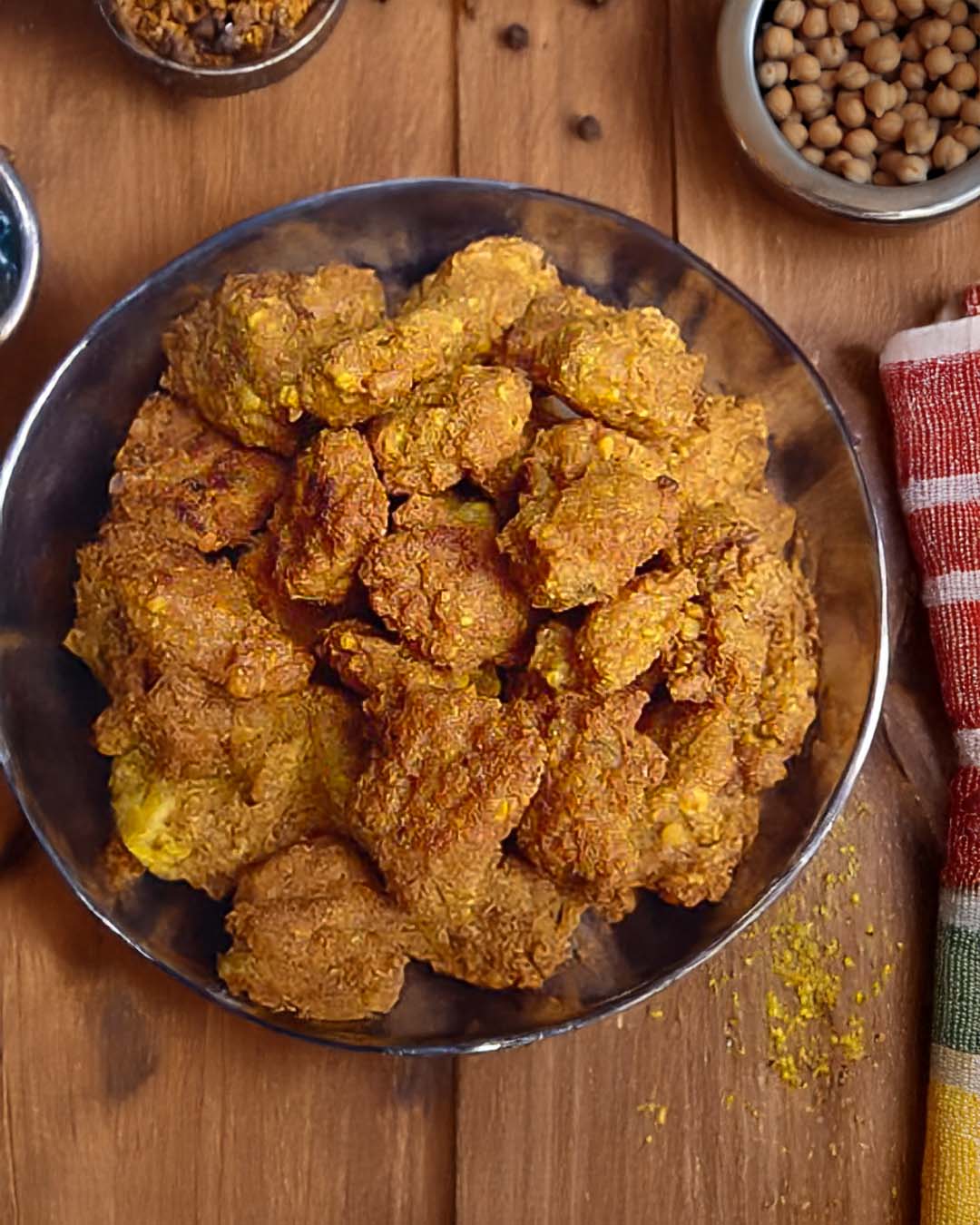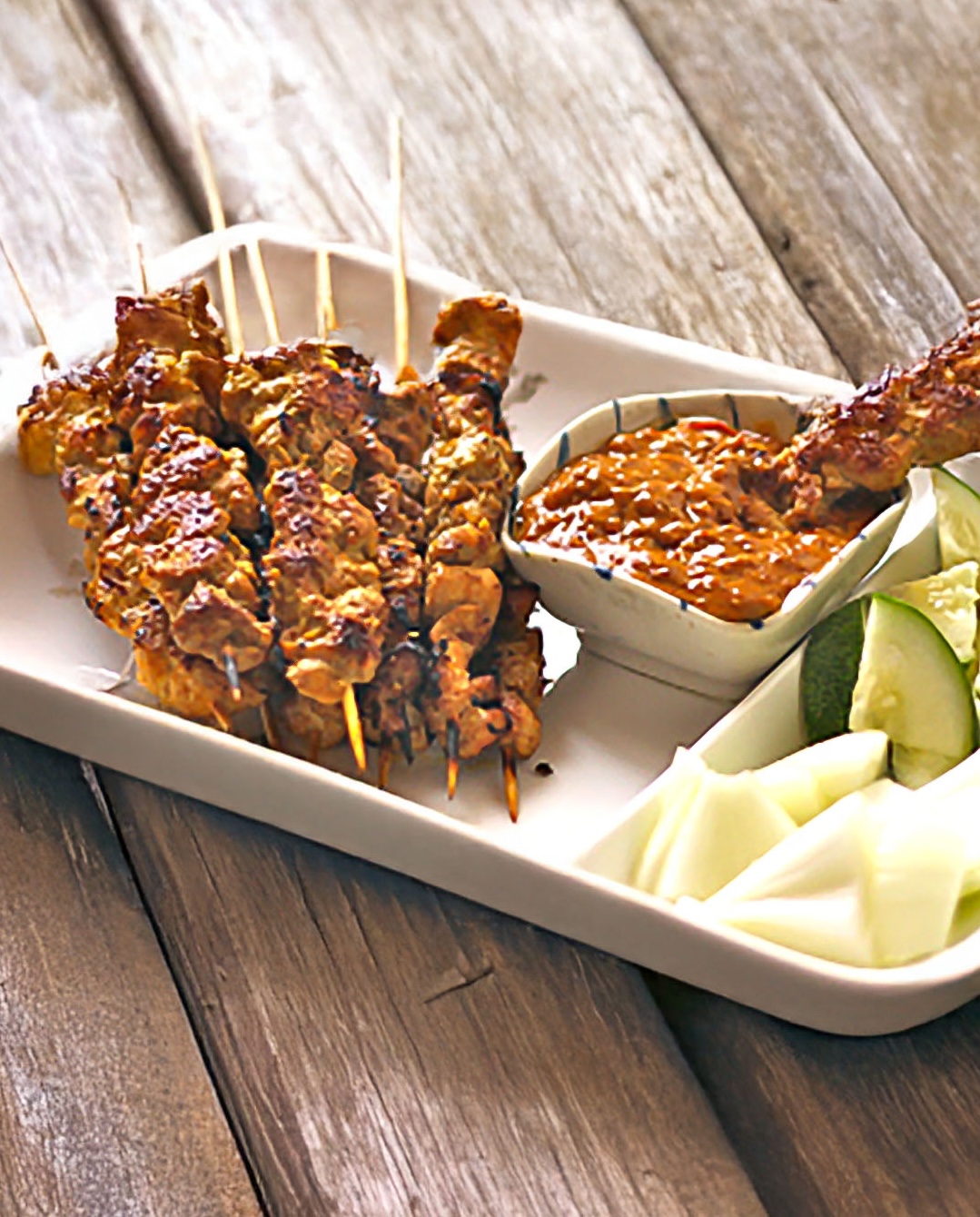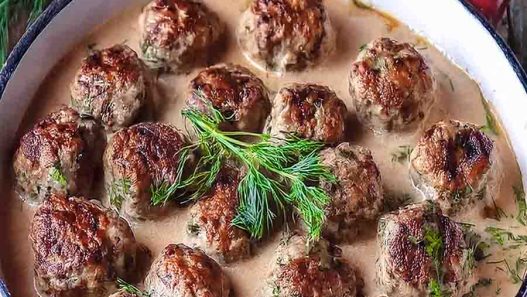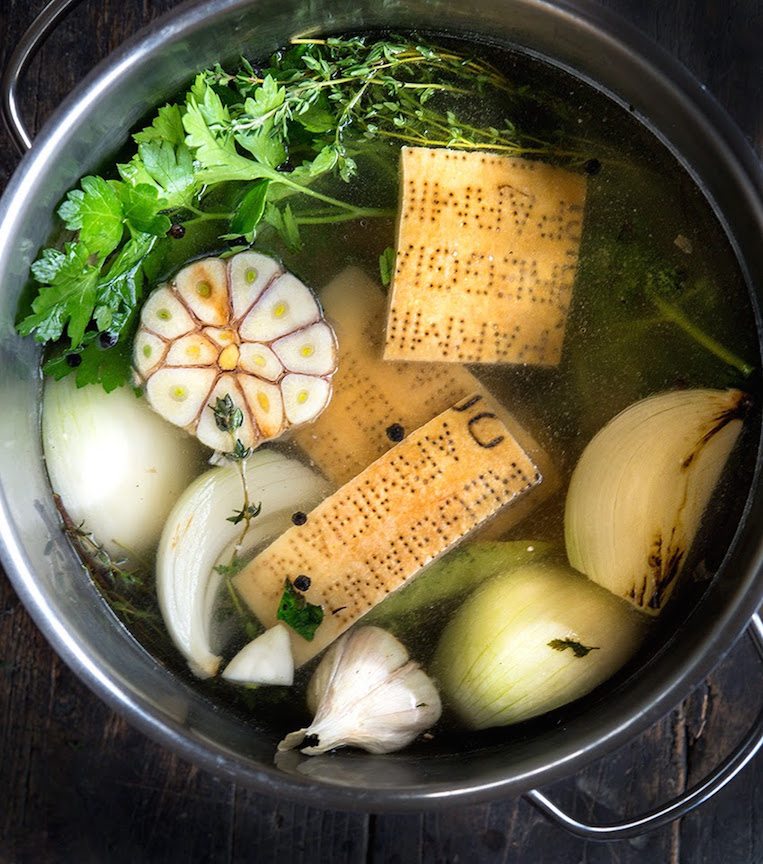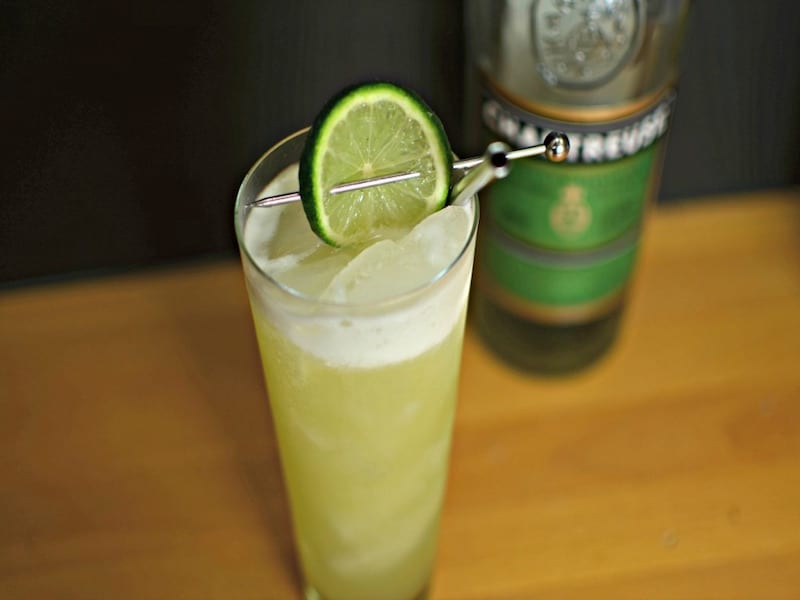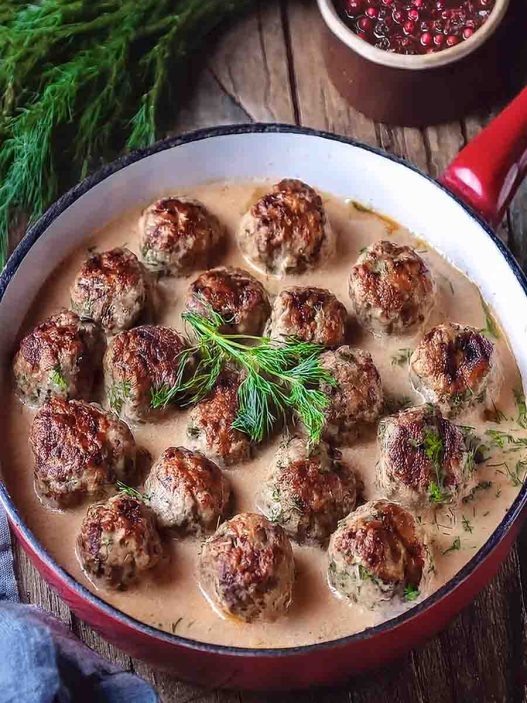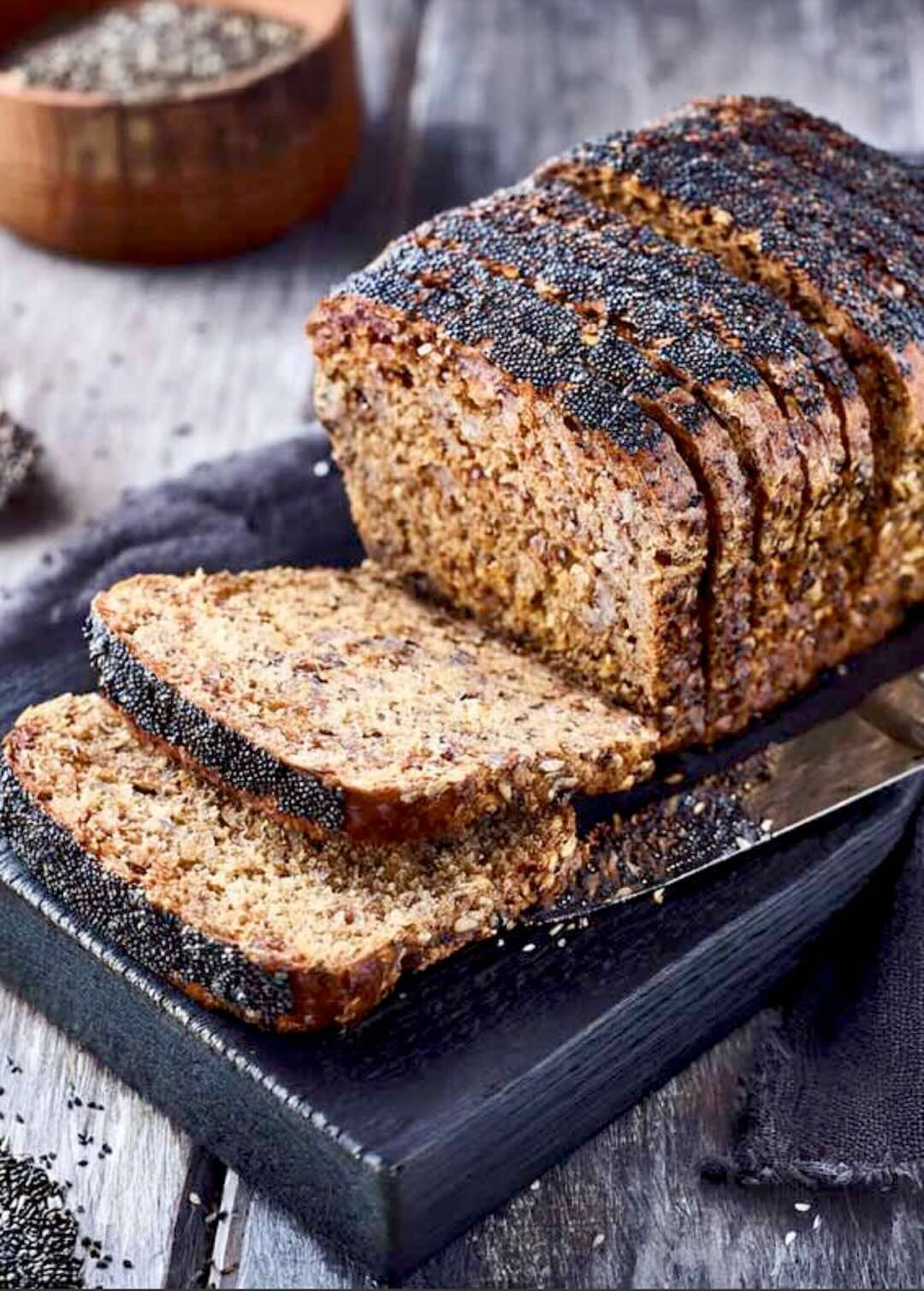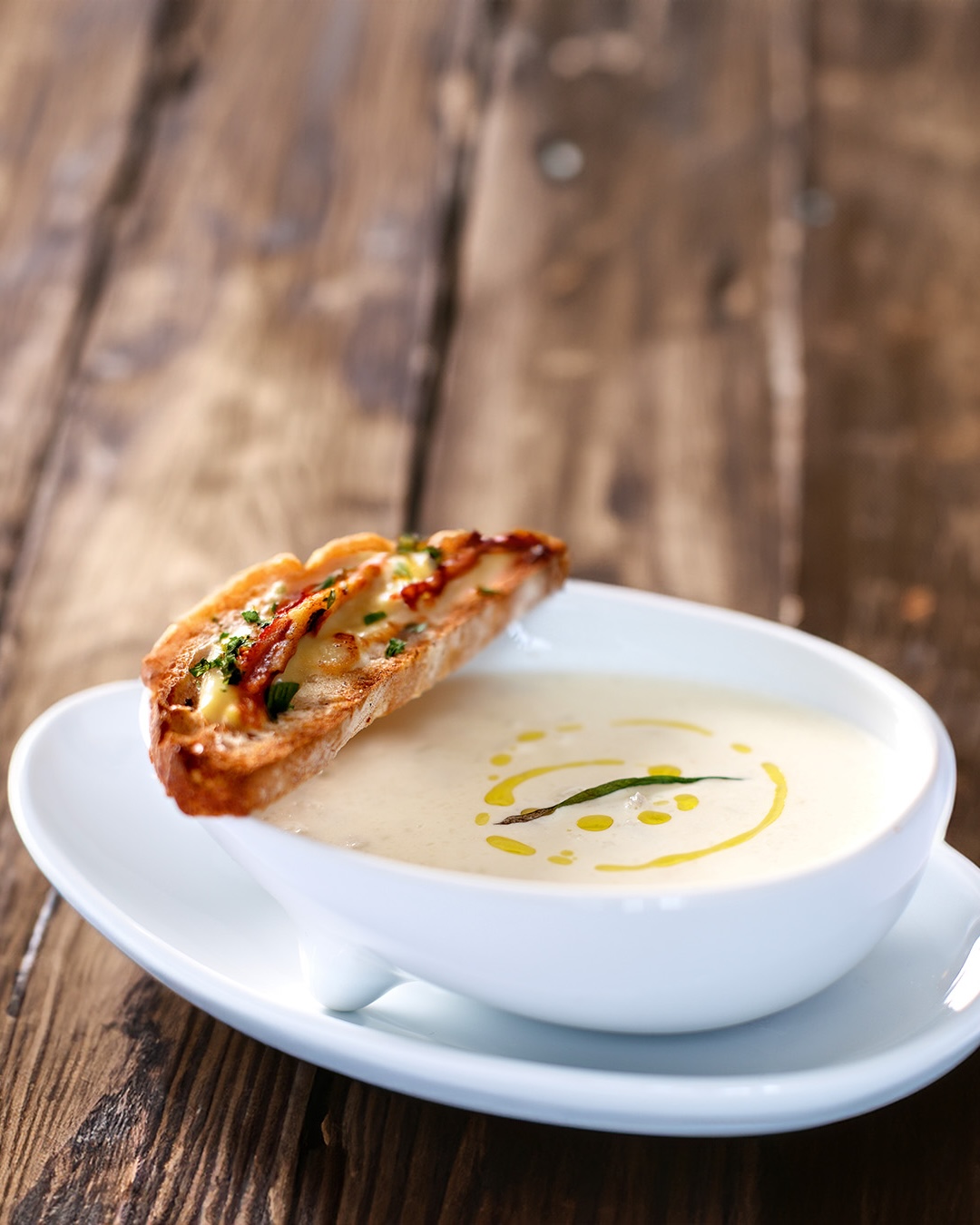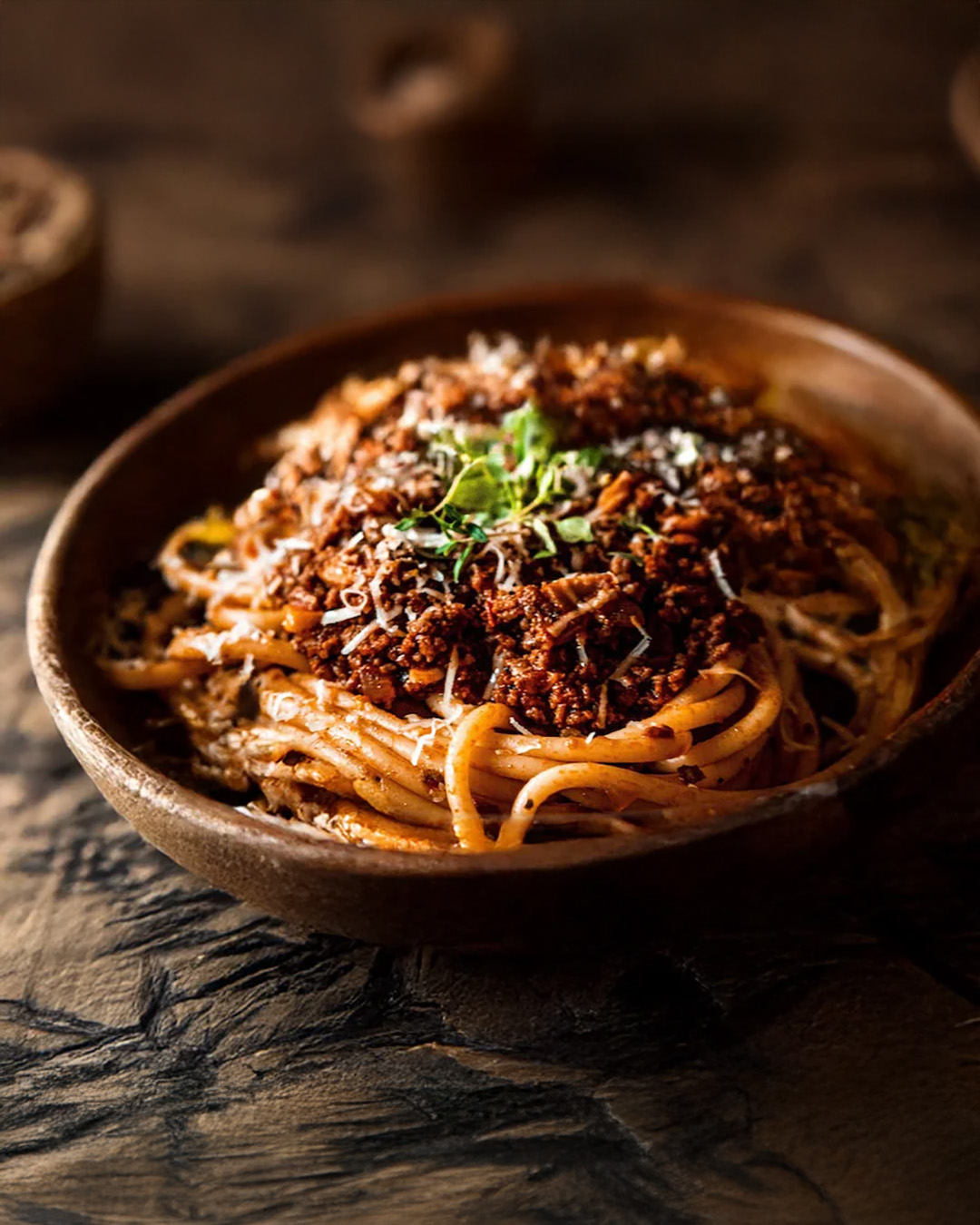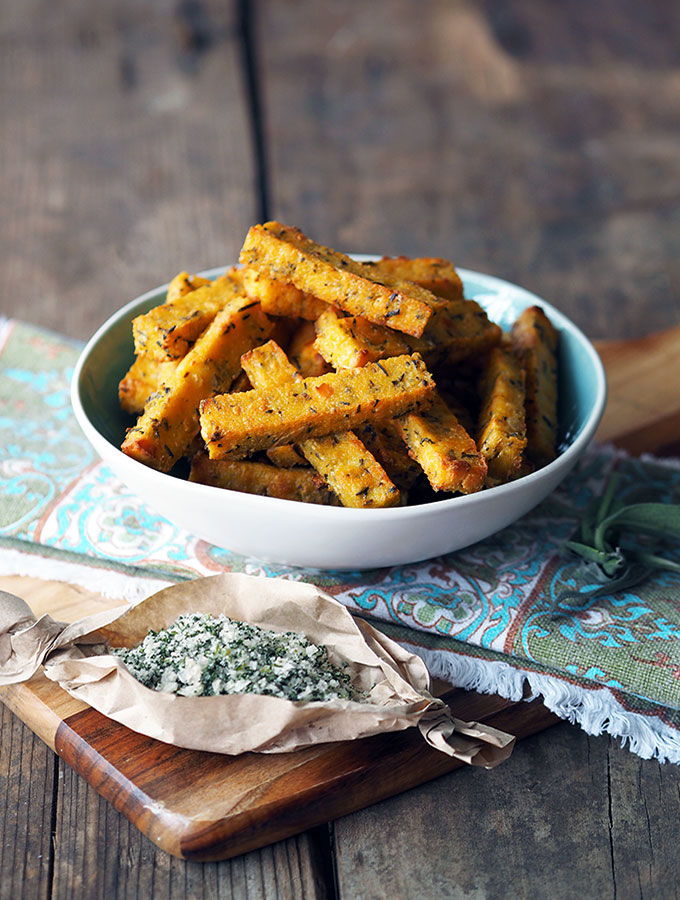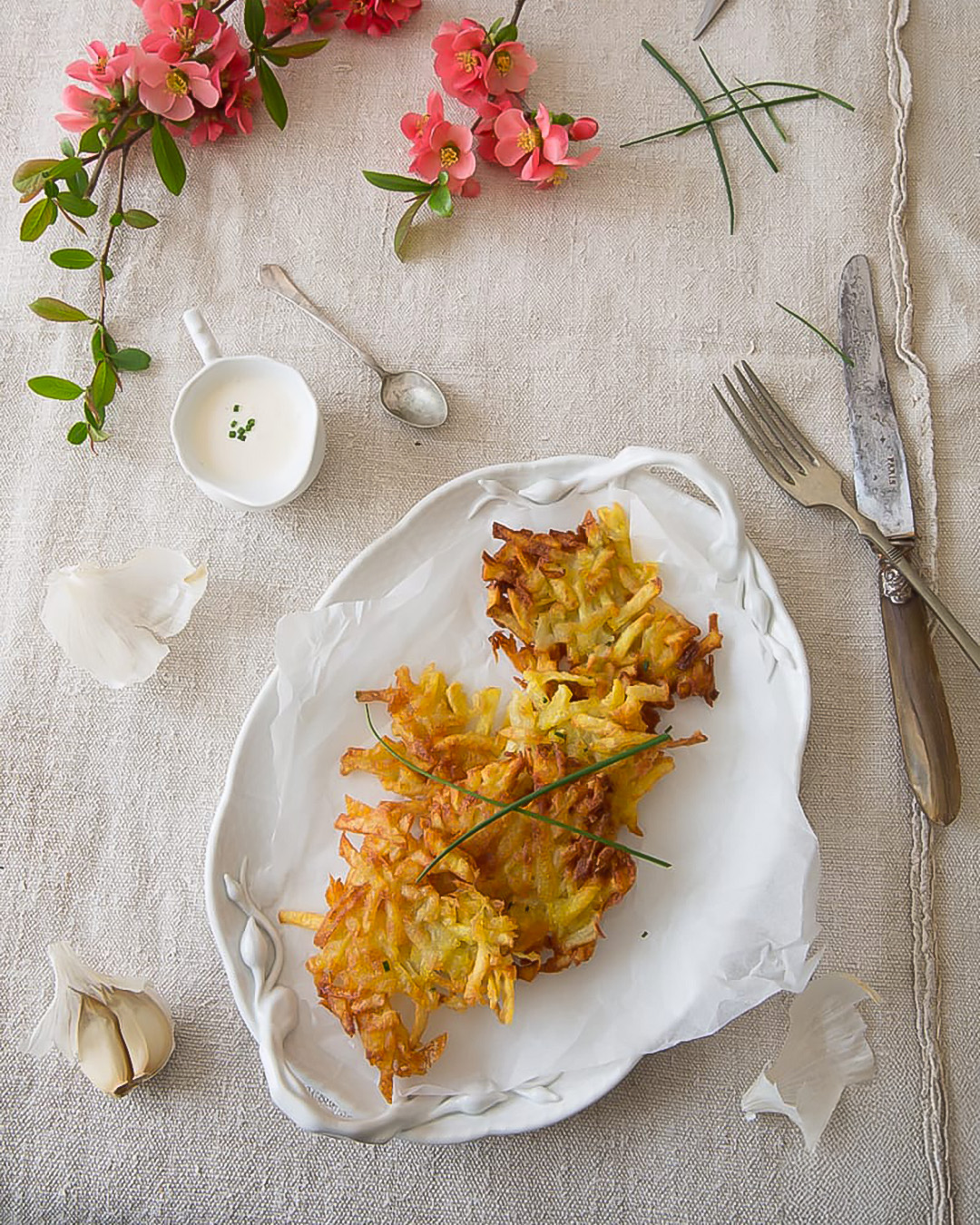Storing ingredients behind your bar may seem like an afterthought to all of the other things you do to keep your bar running smoothly. But proper ingredient storage is one of the best things you can to to keep your ingredients safe and fresh as long as possible – helping improve the bottom line and (more importantly) keeping your cocktails tasting delicious!
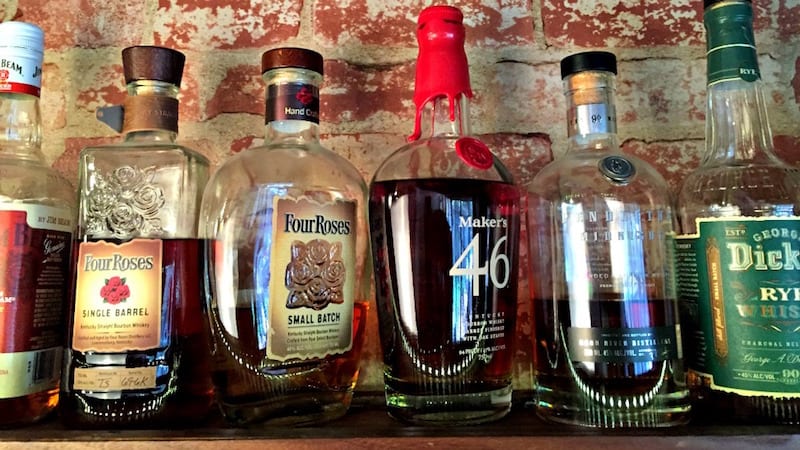
Avoid issues with smell, taste and texture by following some of these important tips and suggestions for ideal cocktail ingredient storage:
Liquors and Liqueurs
Hard Liquor
Spirits are generally stored at room temperature, and should be kept away from direct sunlight. Prolonged exposure to the UV rays can damage the contents of your bottle, which would ruin the taste of your liquor. In addition, it’s important to note that spirits do not last forever once they are opened, especially if they are opened frequently. Every time you open the bottle you are letting “fresh” air in, allowing some of the alcohol and aroma to evaporate into the air and reducing the quality and taste of the spirit.
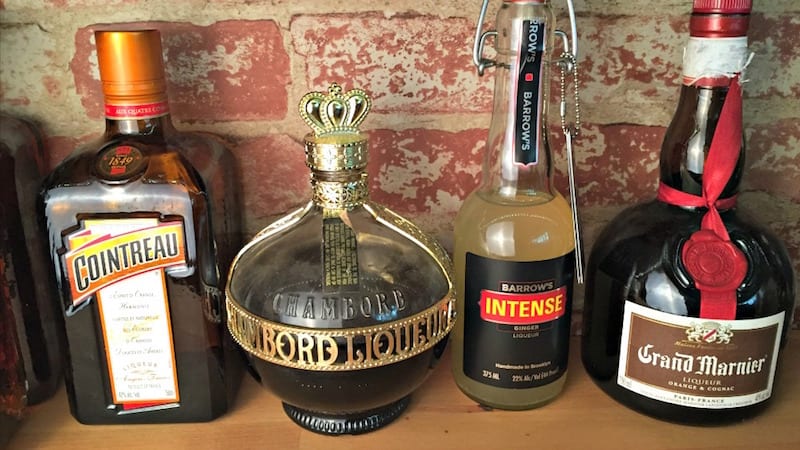
While it’s a bit of blanket statement and depends heavily on how frequently you open the bottle, I try to consume spirits within 9 months of opening. Is it safe to drink that ancient bottle of vodka you found at the back of your grandfather’s liqueur cabinet? Probably, but it’s not going to make your best Martini. (Oh, and if it looks or smells funky, don’t risk it!)
Liqueurs
Unopened, liqueurs can last a very long time – most between 3-4 years. After opening, however, it’s a different story. Look closely at your liqueur’s composition to help you decide where to store it and for how long. (Regardless – keep these out of direct sunlight as well.)
Cream liqueurs: keep them in the fridge after opening. Most seem to last around 6 months in the fridge, but consult the bottle or the product’s website if you’re not sure.
Liqueurs over ~ 20% ABV are almost certainly shelf-stable, though they will lose their luster in the same way spirits do. Avoid opening them more frequently than necessary (as they will lose their aroma) and try to use within ~9 months. That said, it’s probably safe to consume for years – they just won’t taste as good.
Liqueurs under ~ 20% ABV may not have enough alcohol to keep them from oxidizing and spoiling. I’d keep these in the fridge, myself, and try to get through them within 2-3 months.
The above are – again – cheating a bit. Two liqueurs with the same % ABV but having very different sugar content will age differently, as high sugar can also act as a preservative. (That’s why you’ll hear stories of thousand-year-old honey found in pots, and still safe to eat!)
No matter what, make sure you have a good seal on the cork. The sugar content in liqueurs can cause crystals to form around the cork and lip of the bottle, which can compromise your seal and let air in. Air coming in means aroma going out – so keep those bottles clean to make sure the seal is truly airtight.
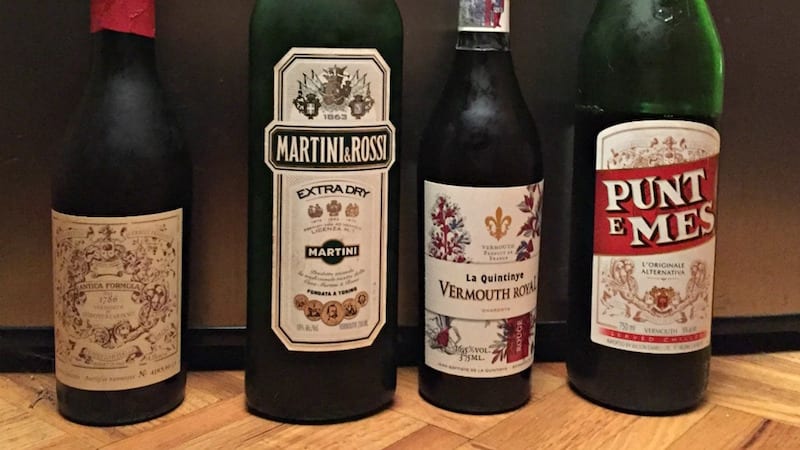
Vermouth
We’ve talked about this quite a bit before, but Chris’ oxidized Manhattan cocktail last weekend tells me it’s worth mentioning again. Vermouth is closer to wine than spirit. In fact, it IS wine. Yes, it’s been fortified with spirit, but not enough to save it from the effects of oxidation. Once opened, keep your vermouth in the fridge and try to get through the bottle within 3 months. If you’re struggling to get through it that quickly, feel free to pick up an addiction to Manhattan cocktails OR buy the half-sized bottles available at most liquor stores. (Guess which solution we chose?)
Ways your Vermouth can go Horribly Wrong:
Microbial Spoilage – The acetic bacteria are the primary culprit – these bacteria are great if you’re trying to make vinegar, but not friendly to Vermouth. These guys will turn your vermouth into vinegar, (and not a good one either!)
Oxidation – This is the most common problem… the moment the oxygen in the air enters into the bottle of vermouth a chemical reaction begins to occur making the taste go sharp and bitter.
Loss of aroma – Just like the booze, constantly changing the air in the bottle will result in a loss of aroma and flavor.
Save the vinegar cocktails for your tasty summer shrubs – keep your Vermouth (Yes, sweet and dry) in the fridge, and finish them quickly. Here’s to your Martinis and wet Martinis!
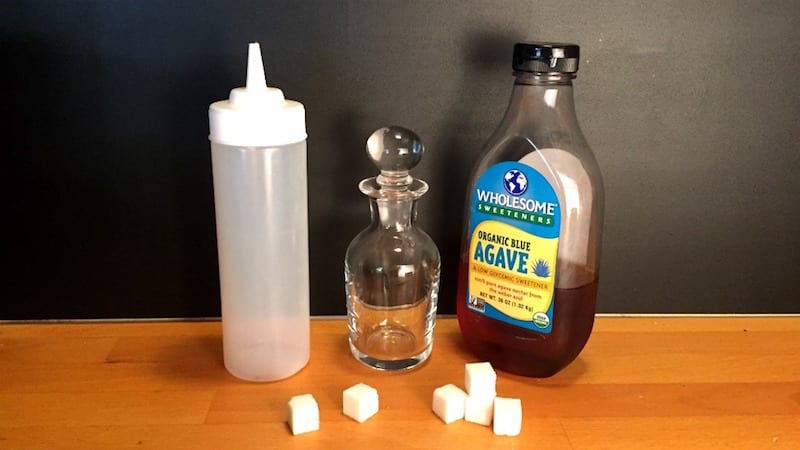
Syrups
As I mentioned earlier, sugar can be a great preservative. That’s why people make “fruit preserves” with loads of sugar. (Not a coincidence!) That said, it’s not going to keep forever, and if you don’t store it right, it can go bad downright quickly. Unfortunately, there’s no “hard and fast” rule here – the exact shelf live depends heavily on the sugar content and whether or not you’ve infused the syrup with other flavors.
Store your syrups in airtight containers to keep the fruit flies and bacteria out, and if you’re not going to finish the syrup that day, keep it in the fridge. Adding a bit of vodka or grain alcohol will absolutely increase its shelf life as well, (but don’t go too crazy or you’ll have to start adjusting your cocktail recipes accordingly!)
Not sure if your syrup is still good? Here are two tests I use:
The Visual: if it’s cloudy or moldy, it’s time to toss it. Syrups should be clear.
The Squeezy Bottle Test: (Yes, I made the name up. Can you tell?) Put your syrup into a squeezy bottle and cover the top with your finger. Shake. If pressure builds and it spits out air when you remove your finger, you’ve missed your window. Toss it!
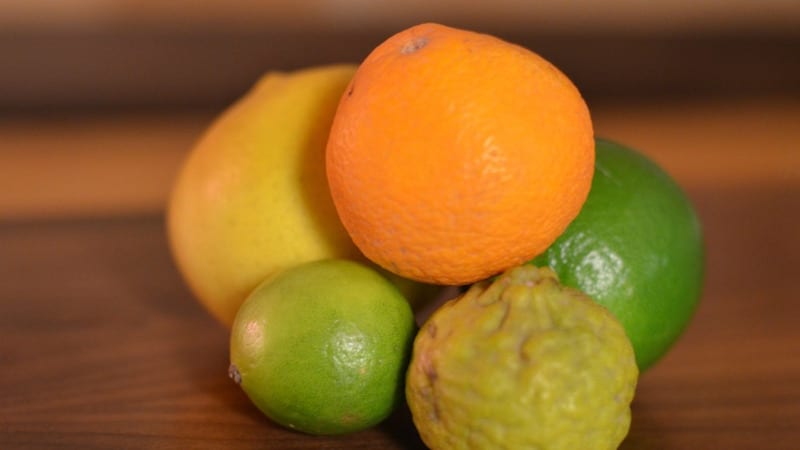
Juices
Citrus Juice
Juices are going to be one of the quickest things to go bad behind a bar – especially citrus. That said, there’s a reason “fresh juice” was one of the defining qualities of the craft cocktail movement – it just tastes better.
The very best way to store citrus juice is … inside of the lime or lemon.
Juicing your lime / lemon “a la minute” or just an hour or two before service is always going to give you the best results in terms of flavor, acid and aroma. Plus, limes and lemons keep for quite a long time. We go through ours quickly, so we keep them at room temperature. You can also keep them in the fridge for 3-4 weeks (though I have not tested if this has an impact on flavor.) I would not recommend freezing lemons or limes, as it will almost certainly impact the aroma of the juice.
If you must store citrus juice, keep it in an airtight container with as little air as possible. This will help reduce the amount of aromatics lost to the air. When using them again, consider spritzing your final cocktail with lime or lemon oil to give it the aromatics your juice may have lost during storage.
Other Fruit Juices
Many other fruit juices have a higher sugar content, which can help them keep a bit longer. But don’t count on this. Wherever possible, try to use the freshest juice you can find, and try to buy just enough for the week ahead. Pasteurized juices do keep longer, but you do sacrifice some quality.
In general, think about the aromatics of the juice you are using. If the flavor depends heavily on aroma (like orange juice for example) it’s much more important to use fresh. If there’s very little aroma or oils (like pineapple) then you can get away with more long-term solutions like pasteurized or shelf-stable options.
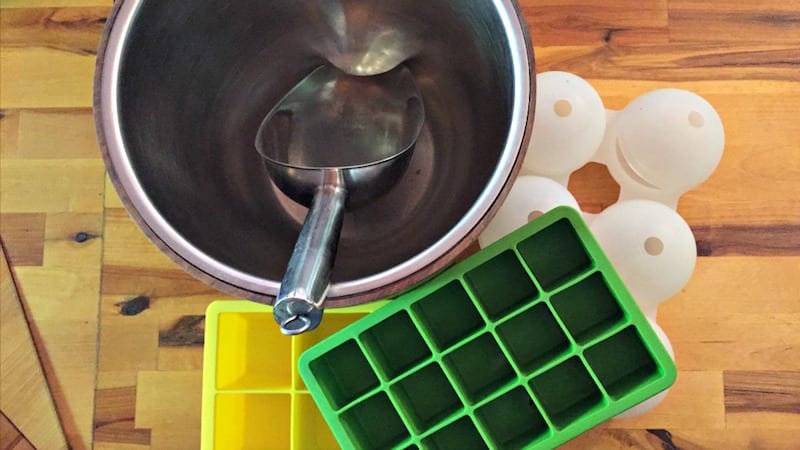
Ice
Ice can be kept nearly forever when stored properly– just ask the Glaciers! That said, if not kept in an airtight container, ice can take on the aroma of whatever else is being stored nearby. Does your ice share a freezer with fish? You might be looking at a Fish Martini. (Hint: not good.) Keep stinky foods tightly wrapped, and once your ice cubes are well-set, move them out of the ice tray into their own airtight container for maximum protection. This will also help avoid your ice slowly evaporating away. (Yep, it happens.)
We don’t often think about the quality of the water / ice in our drinks, but this one ingredient can be upwards of 20% of your final cocktail – so it matters! Avoid highly chlorinated water and filter if necessary / possible.
Wrap it up! (Literally)
Just a bit of thought and preparation can make a huge difference in how long your cocktail ingredients last. Most of the tips above require very little extra work, and can save you quite a bit of money in the long run! In general, air, heat and light are NOT your friends. Keep your ingredients as far from those three things as possible and you should have lots of tasty cocktails for months to come.


